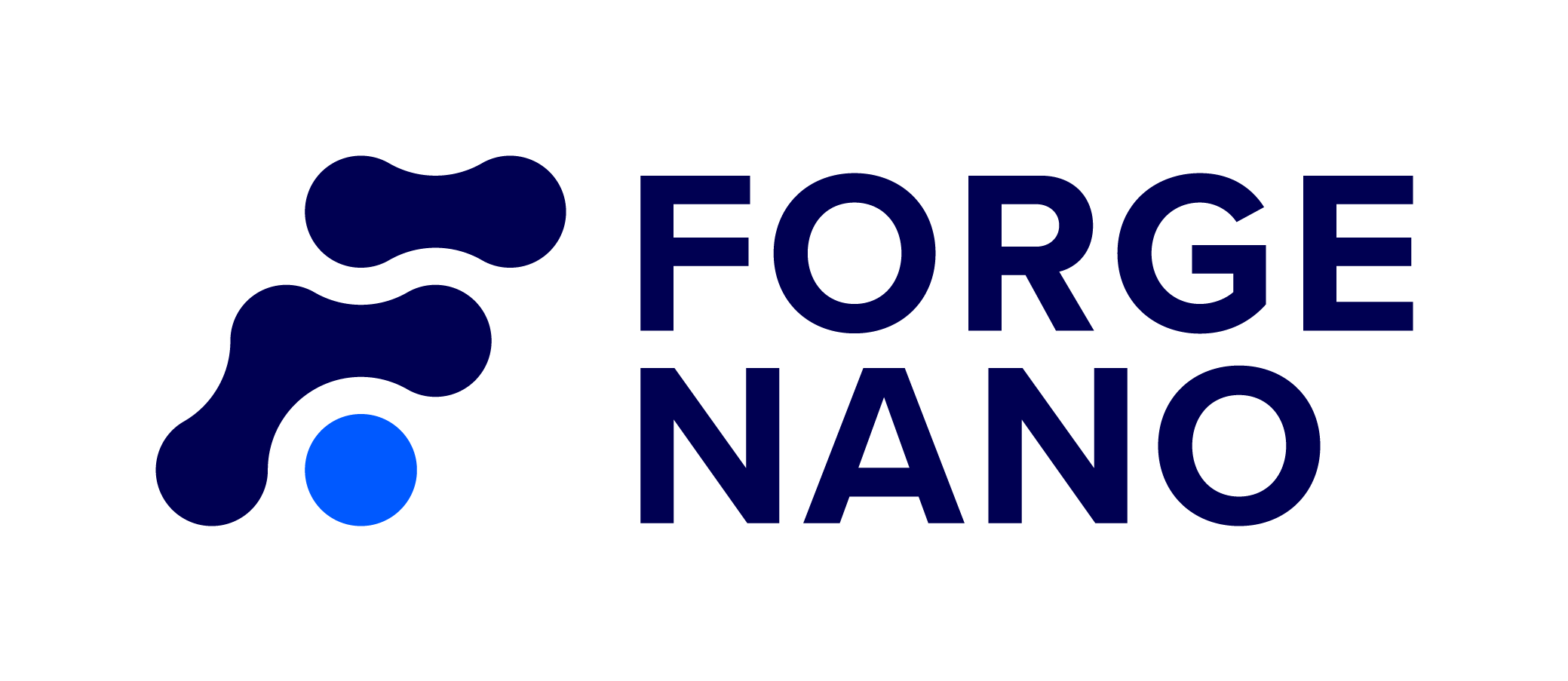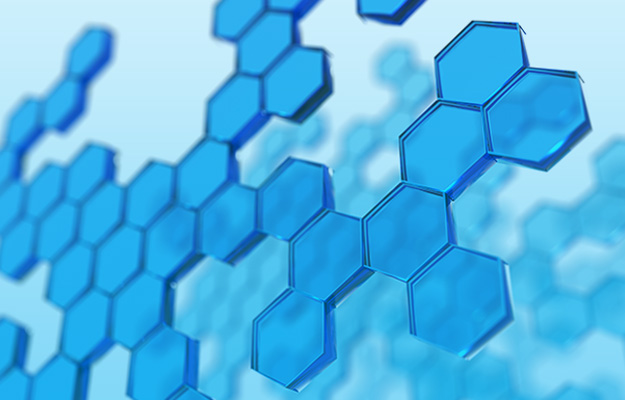A nanocoating is the sealing of a material at the atomic level through methods such as atomic layer deposition (ALD). The term nanocoating refers to the coating itself (e.g. a nanocoating on the surface of ‘x’ substrate) or it can refer to the process itself (e.g. …by nanocoating the surface with …).
A nanocoating is a consistent network of molecules which arrange themselves to form a nanostructured network that is used to protect the material it is covering. A nanocoating can be produced with utmost precision through a process which involves atomic building blocks, where atoms are deposited in a controlled fashion to produce a layer that conforms uniformly on every distinct feature of the surface.
ALD and Nanocoatings
Nanocoatings and their formation processes are governed by techniques which allow for individual atoms to be deposited in a bottom-up nucleation growth approach. The most common process to achieve a precise, uniform nanocoating on the surface of a substrate is ALD.
ALD is a controllable vapor phase technique which grows atoms on a surface using a layer-by-layer (LbL) approach to coat the entire area, regardless of the geometry of the surface. ALD is a great method of choice for nanocoatings, as the process can be used when a high aspect ratio and/or complex structures are required. ALD produces nanocoatings that are chemically bonded to the substrate at the atomic level for a durable coating that cannot be removed.
Nanocoatings that are produced using ALD possess a myriad of benefits including a high stability, resistance to environmental degradation, have applications that are scalable and therefore commercially viable, with a process that is tailored to give the end user more control over their exact requirements.
Engineering Nanocoatings
The precision engineering approach to nanocoating formation allows for the manufacturing process to be customized for many specific applications.
Engineering the nanocoating on the surface of a substrate yields a precisely uniform thickness since the process to engineer these surfaces rely on a gaseous deposition process. The process and tuning of the nanocoating are determined by a gaseous vapor phase of atomic gases which mold, conform, and chemically bond to the surface, producing an evenly spread atomic level coating across the entire surface. The engineering process and its associated benefits allow for the production of functional super materials.
Nanocoatings at Forge Nano
Forge Nano possess a patented high-throughput nanocoating manufacturing process that allows for the deposition of atoms to form the coating at a low cost and in less time. Forge Nano is a specialist in precise nanoscale surface coatings which are used in many applications, with Li-ion batteries and catalysts being the most common applications.
At Forge Nano, precision is key. Forge Nano nanocoatings are stable in virtually every environment and are especially effective on porous particles and materials.
To find out more about how Forge Nano’s nanocoating process can help you, please contact us.

